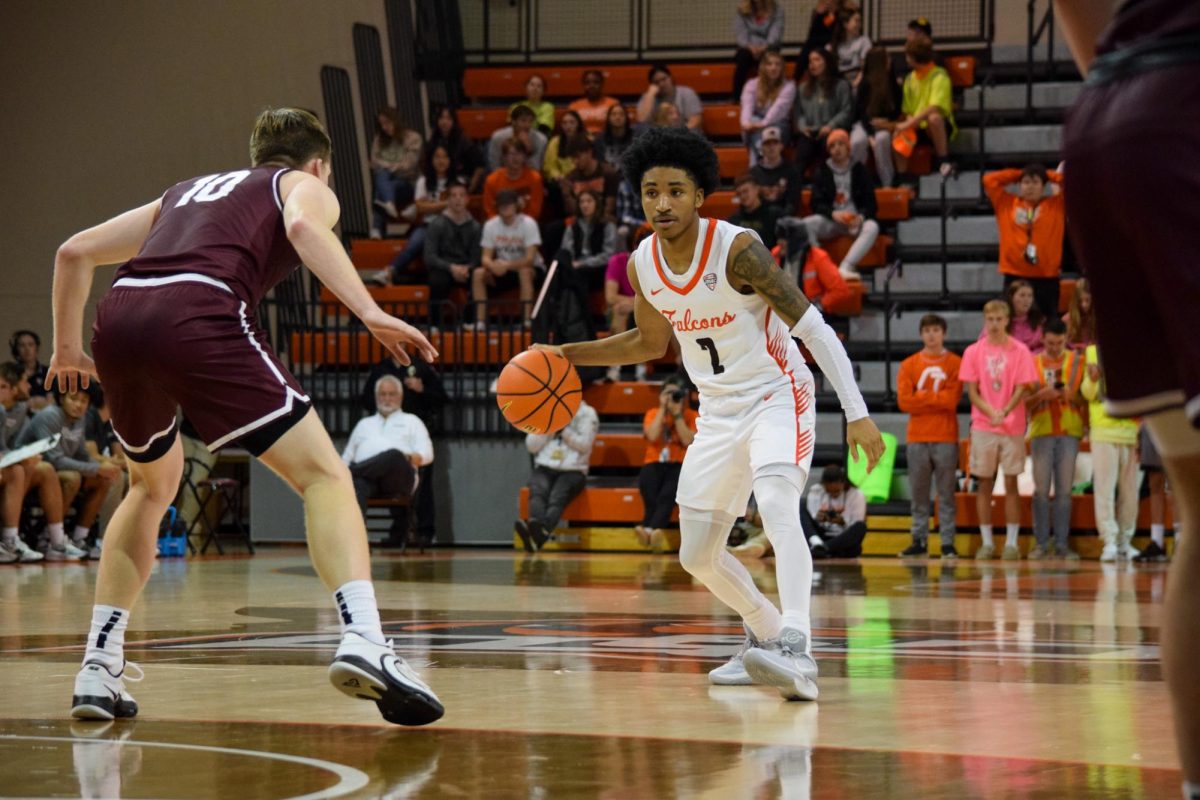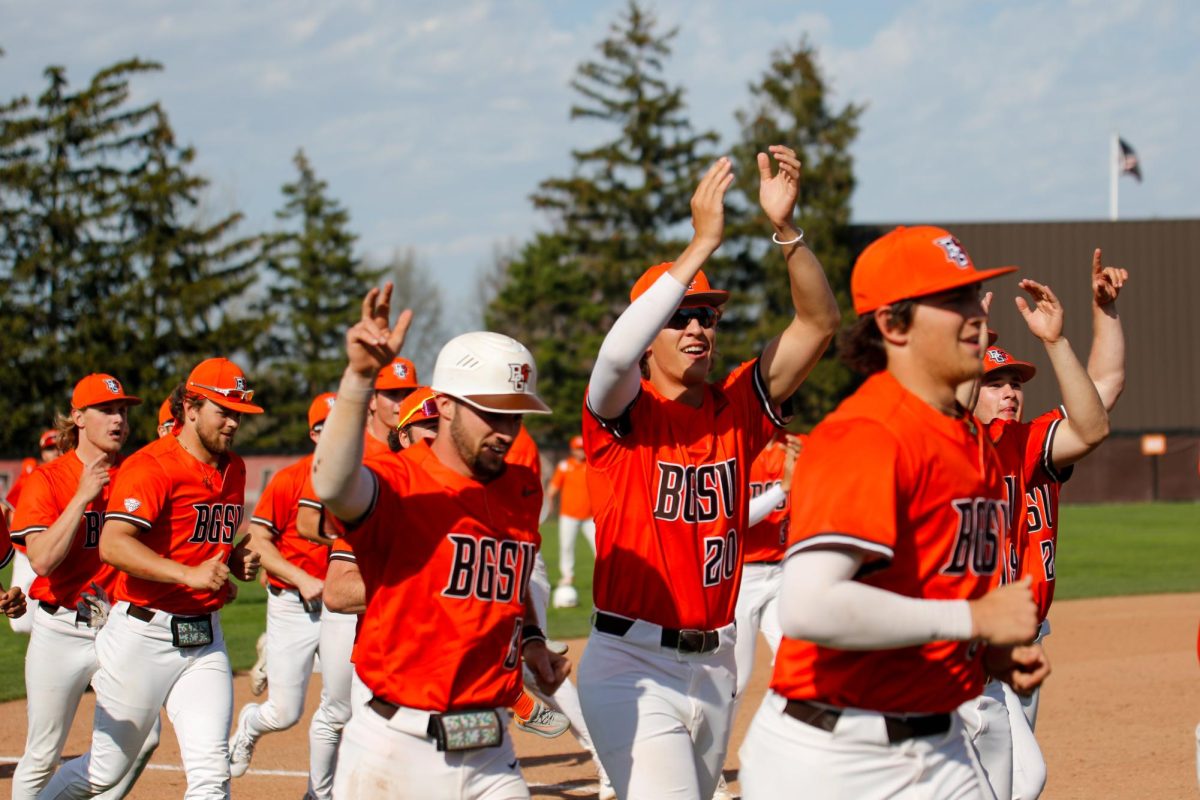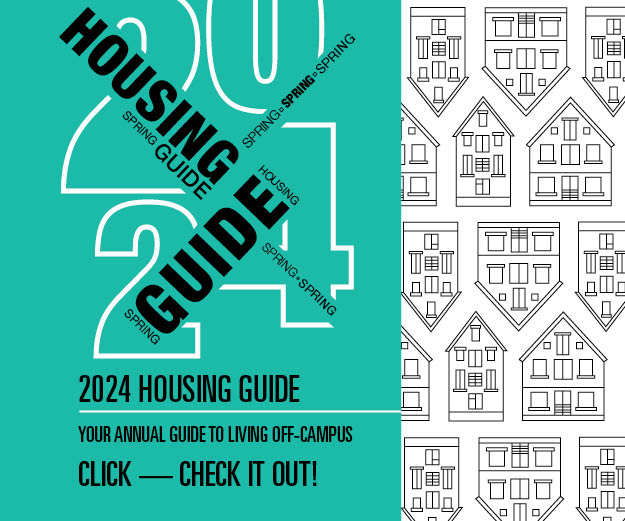Before you go, “Oh come on she’s talking about fake news again,” just hear me out. Transparency of the media is extremely important to understand.
Most college students would probably say they can spot fake news, especially because we grew up in a time when we were never deprived of the internet. However, a study by Stanford’s History Education Group found that 80 percent of students couldn’t tell the difference between fake and real news stories.
Just behind television, the internet places second in ways Americans are consuming news now. With 38 percent of people using the internet to find news, it has become one of the most popular and mainstream methods, leaving newspapers and the radio in the dust at 20 and 25 percent respectively.
I, like most other young adults, love the internet. I read my news there every day. From the Columbus Dispatch e-edition (a cheap $5.99 a month subscription) to the BG Falcon Media and BG Independent News websites, I can find Ohio and Bowling Green-based news at the touch of my fingertips from anywhere. When I need more information about specific national or world events, I check The New York Times or Washington Post websites.
My news consumption habits are built from knowing the way news works, but I so often hear “What’s a copy editor?” Unfortunately, most people consuming news don’t know the start-to-finish process of an idea becoming a reality dropped on their front door step by the paper delivery boy each morning. A bigger issue arises when realizing information found online doesn’t always follow that process.
Take the time to read the following information about how an average newspaper embarks in a process to produce accurate, newsworthy and interesting (but most importantly — accurate) content.
Reporters usually generate their own ideas and pitch them to their immediate editor or supervisor. By the time the conversation is over, the idea might not even be the same as the original anymore because the conversation can lead to something much deeper.
The reporters then complete relatively extensive research before even contacting a source. Once the research is done, reporters contact sources–usually three to make sure all sides are represented and information is true. Not only are reporters trained to seek out multiple sources, but multiple professional sources and other laypeople who may have input.
Once reporters type up stories with all the knowledge they’ve gained through research and interviews, an editor and usually at least two copy editors read that story. The copy editors are trained to fact check in addition to general grammar and spelling. By the time a story is sent to print, so many eyes have read and hands have touched it that it’s rarely incorrect. And most legitimate publications hold the same standards to their online content.
Mainstream media takes a hit for not covering the things specific Americans find important, but they at least have a process to almost guarantee accuracy. However, most news pieces millennials are reading show up in their Facebook and Twitter feeds, and there’s no way to guarantee this process was followed. Students tend to come across news rather than actively seek it from reputable sources.
The best way to ensure that you’re not reading fake news online is to look to reputable, legitimate news sources who put in extensive effort to make sure content is accurate.
Even if you hate printed products and will only read news online, please, give up that one coffee a week for a subscription. It will allow media outlets to continue funding the resources to keep accuracy, the key tenet of a journalist, as the highest priority.

















